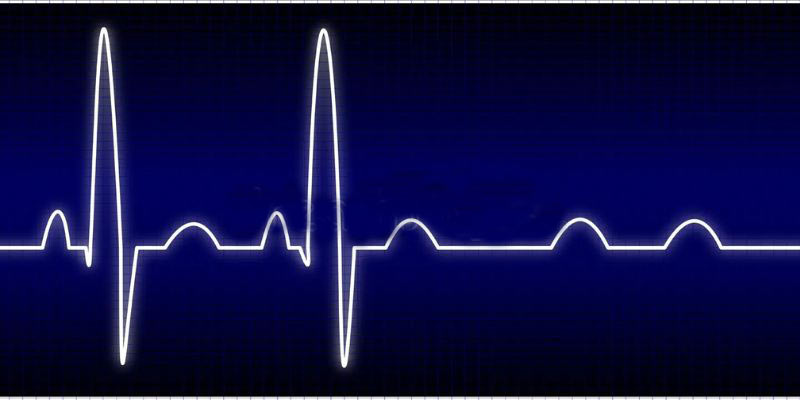Thankfully, most of the time, bloating is little more than an irritation. When this happens, you may feel uncomfortable, but if you exercise, drink water, or sleep, the discomfort will go away on its own. You explain it away by saying that your period is about to start or that it's because of something, like beans, broccoli, or too much fruit.
However, abdominal bloating might be an indication of a condition that requires medical attention of a higher severity. For example, it is often one of the first symptoms that patients notice when they have ovarian cancer. According to the results of a poll that was carried out in 2018 by YouGov on behalf of the charity Target Ovarian Cancer in the United Kingdom, just 34% of individuals would speak to a healthcare practitioner if they routinely had to bloat; many respondents claimed they would instead modify their diet. An earlier study conducted by the same organization discovered that only twenty percent of the people interviewed were aware that bloating may indicate ovarian cancer.
Simply having the sensation of being bloated is insufficient evidence to support a cancer diagnosis. The presence of other symptoms might help you differentiate between bloating, which is only an annoyance, and bloating, which requires medical treatment. You should discuss some symptoms with your doctor or other medical professionals.
Pain
According to research published in Frontiers in Oncology in 2013, bloating caused by ovarian cancer is caused by an accumulation of fluid (called ascites) in the abdomen and may also be accompanied by discomfort. Most of the fluid is composed of cells affected by cancer. According to Lauren Cobb, the condition can also result from obstructions in the lymphatic drainage system or obstructions in the intestinal tract caused by cancer.
Bloating That Doesn't Go Away
According to Monique Swain, for bloating to be potentially concerning, it normally has to have persisted for more than two weeks in a month. This is the general rule.
Speak up if the bloating does not go away after making straightforward dietary changes or going to the restroom. According to Alex Hewlett, seeking medical attention is prudent "if bloating is chronic and does not alter with bowel movements or changing eating habits."
Changes in Bathroom Habits
Alterations in the way you use the restroom are another indicator that your bloating may be caused by ovarian cancer. Problems with one's bowels or urinary system that are out of the norm might indicate something else is amiss. For instance, "if a tumor is large enough and pushing on the bladder," as Dr. Swain said, you can suddenly need to use the restroom more often than usual.
Appetite Changes
According to Dr. Cobb, bloating may indicate various malignancies, such as pancreatic, breast, stomach cancer and colon if cancer arises along the lining of the abdominal cavity. Bloating is a common symptom of gas.
Changes in appetite, such as feeling full very fast or not wanting to eat, may be brought on by large masses that take up a lot of space in the abdominal region. People with cancer may also feel nausea and vomiting, and bloating caused by the disease.

Fatigue
It's possible that some problems are being indicated when weariness is coupled with bloating as a symptom.
Liver Disease
Additionally, bloating and fluid retention may be symptoms of liver illness, which various factors, including alcohol abuse, hepatitis C, cancer, and more, can bring on. According to Dr. Hewlett, "normally this is a gradual process where you simply start to feel it in the lower tummy," and this is how the condition manifests itself. As the condition advances, your abdominal cavity will become more bloated with fluid.
If you have liver illness, in addition to experiencing bloating, you may also feel weary, bruise easily, or develop jaundice, characterized by a yellowish tint to the skin and eyes. Johns Hopkins Medicine provides this information. Dr. Hewlett encouraged patients to seek medical attention "if there are additional symptoms connected with bloating like these."
Congestive Heart Failure

The condition known as congestive heart failure (CHF) may also lead to bloating, which can manifest in the abdominal region and the legs. According to the American Heart Association, further symptoms of CHF may include feelings of exhaustion, shortness of breath, and palpitations of the heart.
Bloating is often a later sign of both heart failure and liver disease. Both of these conditions affect the liver. According to Dr. Hewlett, bloating and fluid retention symptoms might indicate an advanced stage of a disease process that harms the liver or the heart. You must express your concerns about your symptoms as soon as possible.












